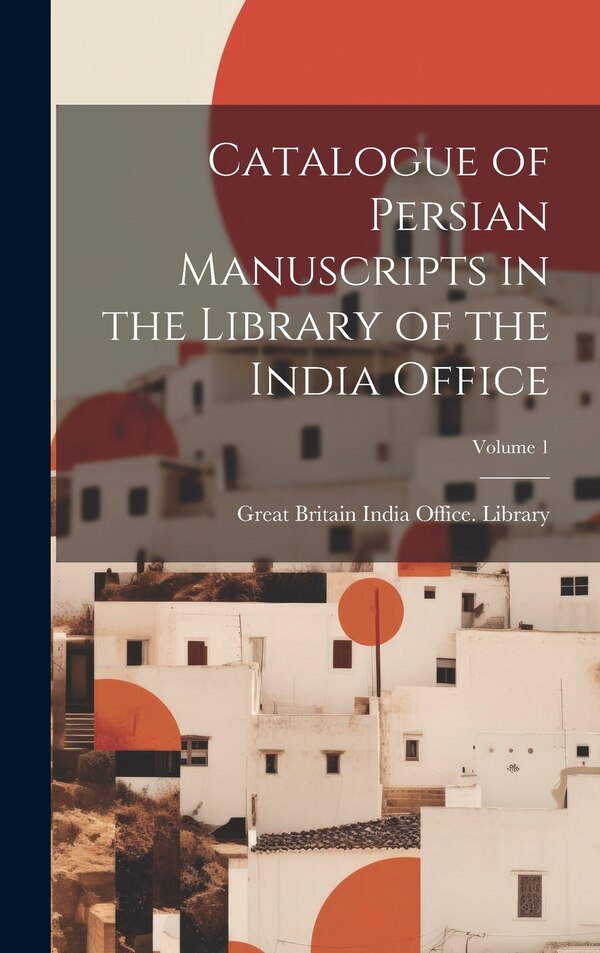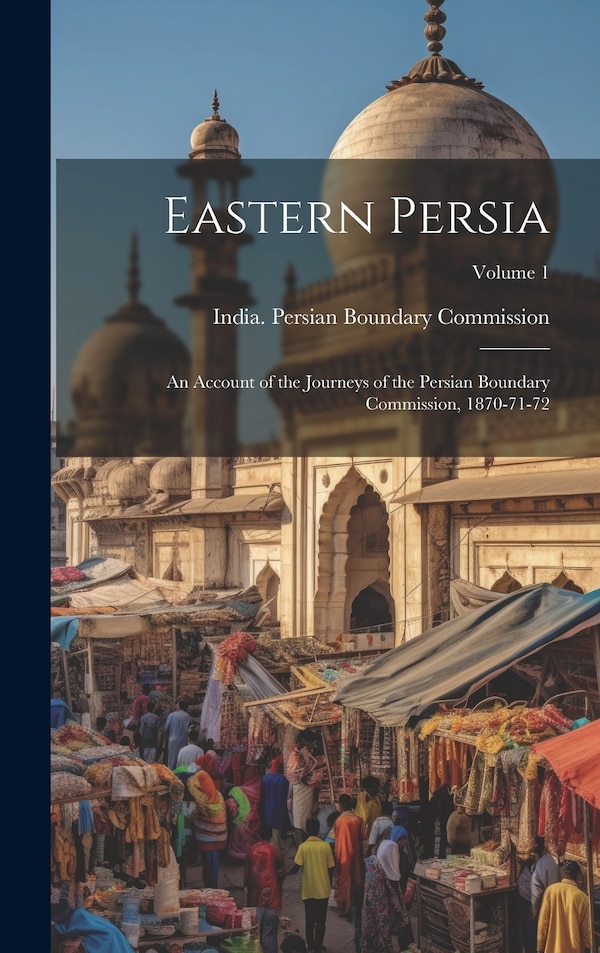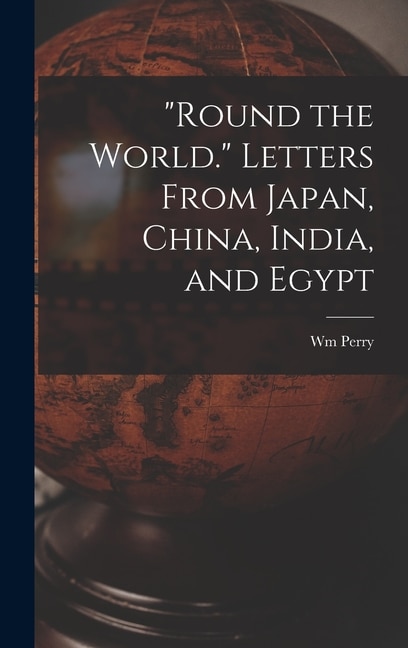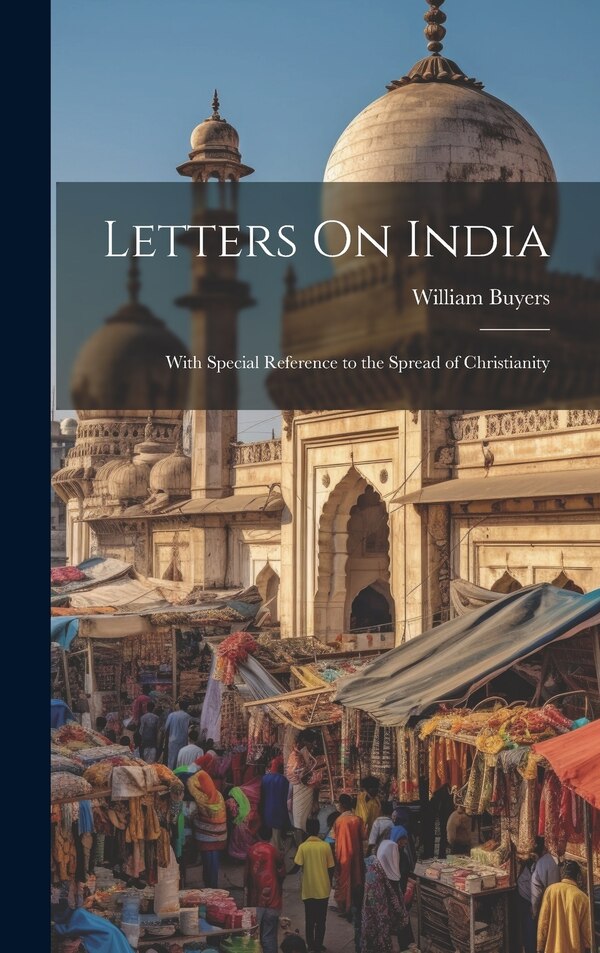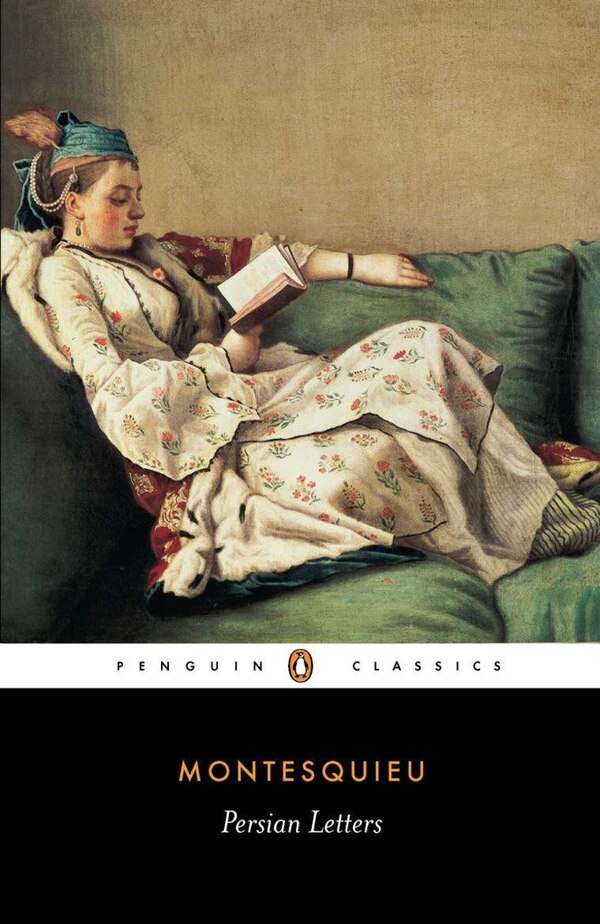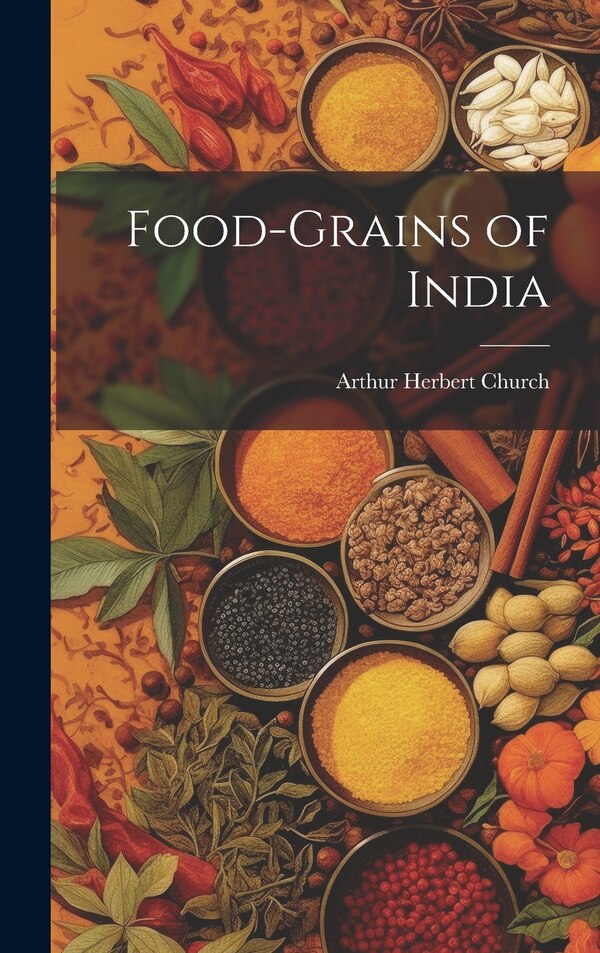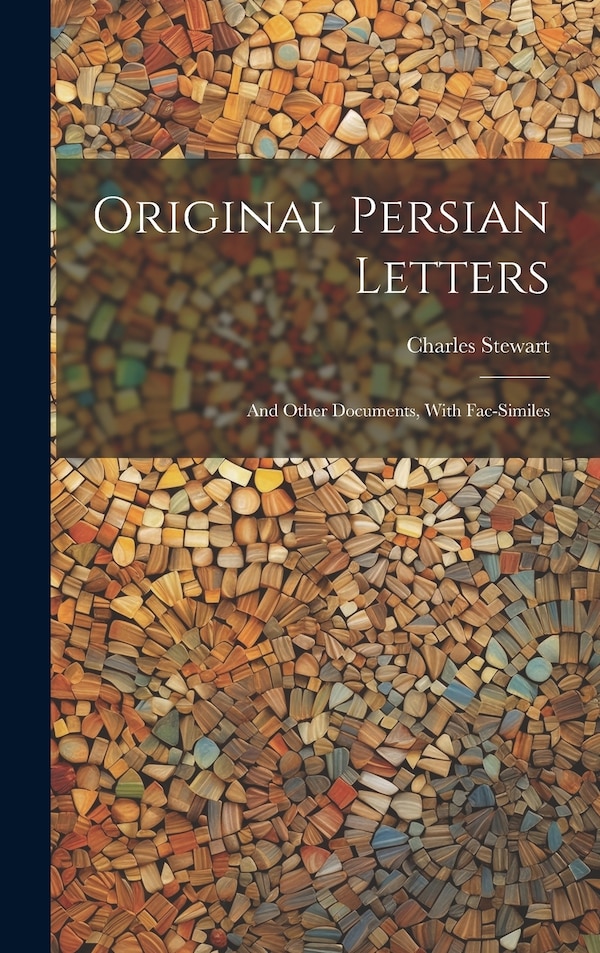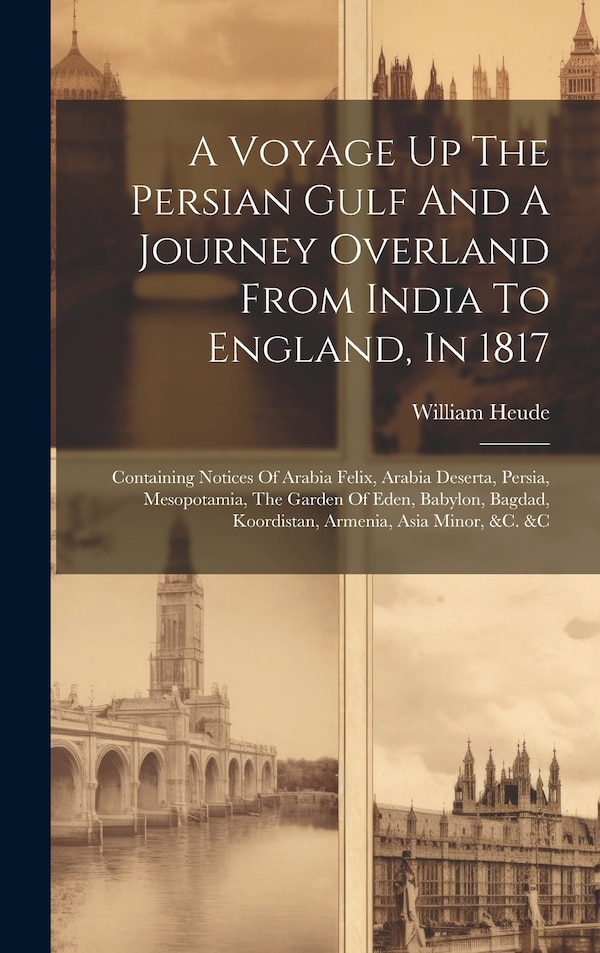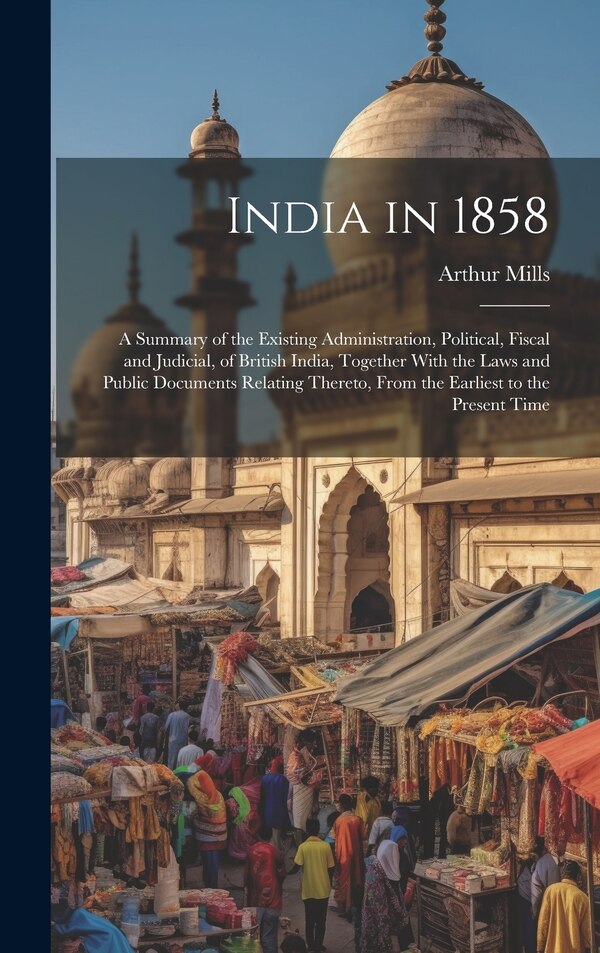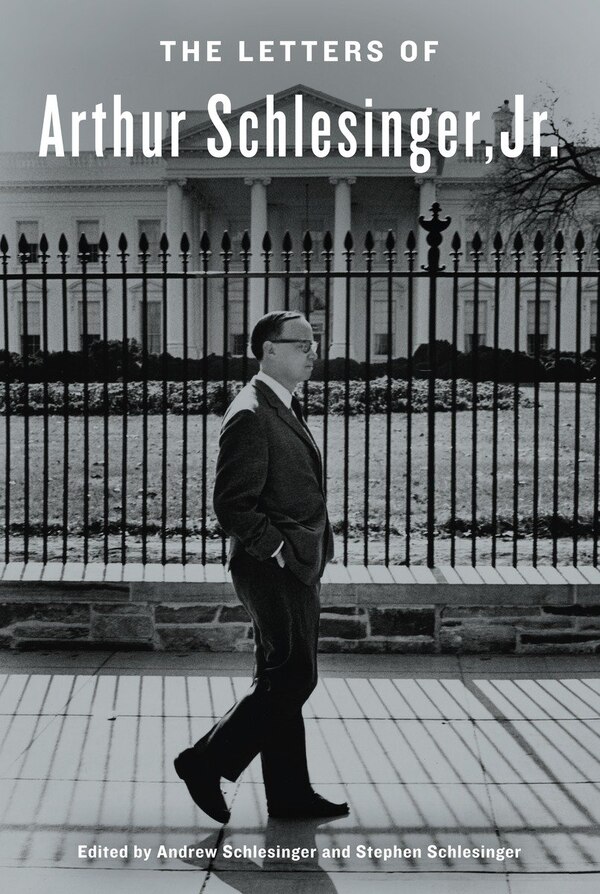
Choice Made Simple!
Too many options?Click below to purchase an online gift card that can be used at participating retailers in Village Green Shopping Centre and continue your shopping IN CENTRE!Purchase HereHome
India in the Persian World of Letters by Arthur Dudney, Hardcover | Indigo Chapters
Coles
Loading Inventory...
India in the Persian World of Letters by Arthur Dudney, Hardcover | Indigo Chapters in Vernon, BC
From Arthur Dudney
Current price: $128.04
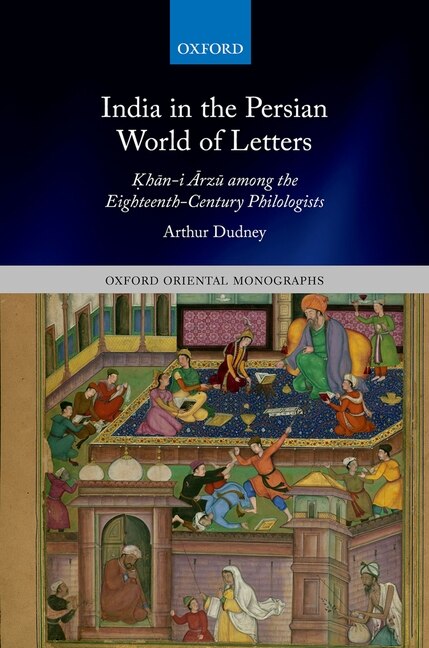
Coles
India in the Persian World of Letters by Arthur Dudney, Hardcover | Indigo Chapters in Vernon, BC
From Arthur Dudney
Current price: $128.04
Loading Inventory...
Size: 25 x 216 x 518
*Product information may vary - to confirm product availability, pricing, shipping and return information please contact Coles
This is an open access title available under the terms of a CC BY-NC-ND 4.0 International licence. It is free to read at Oxford Scholarship Online and offered as a free PDF download from OUP and selected open access locations. This book traces the development of philology (the study of literary language) in the Persian tradition in India, concentrating on its socio-political ramifications. The most influential Indo-Persian philologist of the eighteenth-century was Siraj al-Din 'Ali Khan, (d. 1756), whose pen-name wasArzu. Besides being a respected poet, Arzu was a rigorous theoretician of language whose Intellectual legacy was side-lined by colonialism. His conception of language accounted for literary innovation and historical change in part to theorize the tazah-go'i [literally, fresh-speaking] movement inPersian literary culture. Although later scholarship has tended to frame this debate in anachronistically nationalist terms (Iranian native-speakers versus Indian imitators), the primary sources show that contemporary concerns had less to do with geography than with the question of how to assessinnovative fresh-speaking poetry, a situation analogous to the Quarrel of the Ancients and the Moderns in early modern Europe. Arzu used historical reasoning to argue that as a cosmopolitan language Persian could not be the property of one nation or be subject to one narrow kind of interpretation. Arzu also shaped attitudes about rekhtah, the Persianized form of vernacular poetry that would later be renamed and reconceptualized as Urdu, helping the vernacular to gain acceptance in elite literary circles in northern India. This study puts to rest the persistent misconception that Indiansstarted writing the vernacular because they were ashamed of their poor grasp of Persian at the twilight of the Mughal Empire. | India in the Persian World of Letters by Arthur Dudney, Hardcover | Indigo Chapters
This is an open access title available under the terms of a CC BY-NC-ND 4.0 International licence. It is free to read at Oxford Scholarship Online and offered as a free PDF download from OUP and selected open access locations. This book traces the development of philology (the study of literary language) in the Persian tradition in India, concentrating on its socio-political ramifications. The most influential Indo-Persian philologist of the eighteenth-century was Siraj al-Din 'Ali Khan, (d. 1756), whose pen-name wasArzu. Besides being a respected poet, Arzu was a rigorous theoretician of language whose Intellectual legacy was side-lined by colonialism. His conception of language accounted for literary innovation and historical change in part to theorize the tazah-go'i [literally, fresh-speaking] movement inPersian literary culture. Although later scholarship has tended to frame this debate in anachronistically nationalist terms (Iranian native-speakers versus Indian imitators), the primary sources show that contemporary concerns had less to do with geography than with the question of how to assessinnovative fresh-speaking poetry, a situation analogous to the Quarrel of the Ancients and the Moderns in early modern Europe. Arzu used historical reasoning to argue that as a cosmopolitan language Persian could not be the property of one nation or be subject to one narrow kind of interpretation. Arzu also shaped attitudes about rekhtah, the Persianized form of vernacular poetry that would later be renamed and reconceptualized as Urdu, helping the vernacular to gain acceptance in elite literary circles in northern India. This study puts to rest the persistent misconception that Indiansstarted writing the vernacular because they were ashamed of their poor grasp of Persian at the twilight of the Mughal Empire. | India in the Persian World of Letters by Arthur Dudney, Hardcover | Indigo Chapters

